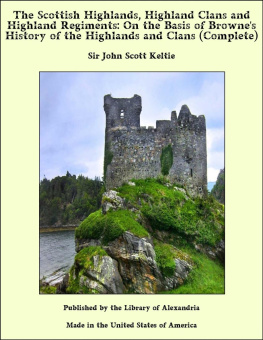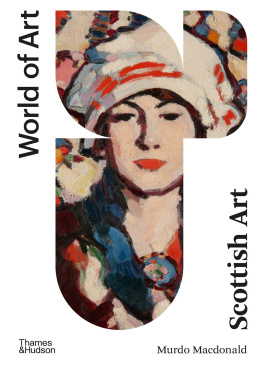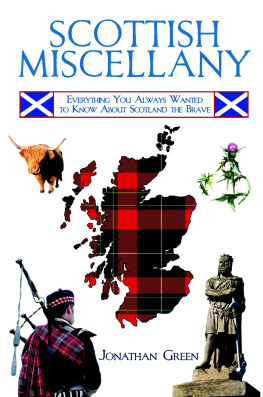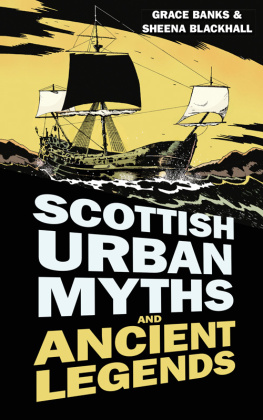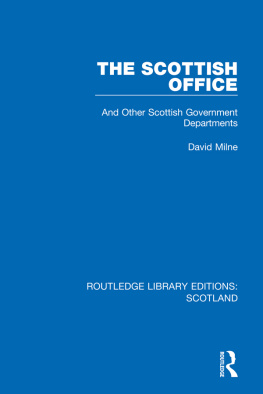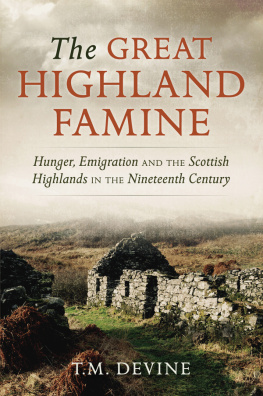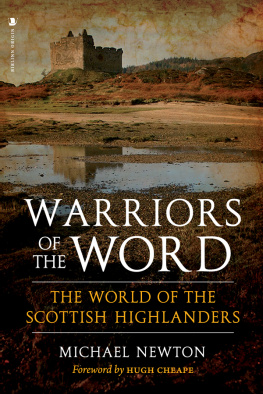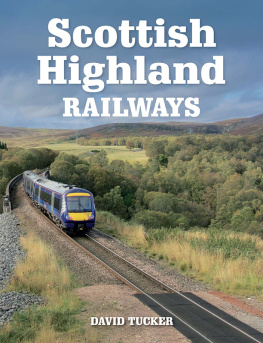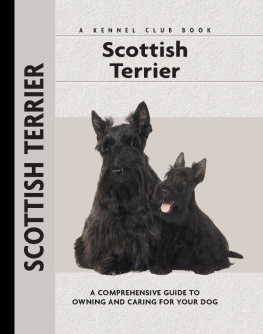2001 The University of North Carolina Press
All rights reserved
Designed by April Leidig-Higgins
Set in Monotype Bell by Keystone Typesetting, Inc.
Manufactured in the United States of America
The paper in this book meets the guidelines for permanence
and durability of the Committee on Production Guidelines
for Book Longevity of the Council on Library Resources.
Library of Congress Cataloging-in-Publication Data
Ray, Celeste.
Highland heritage: Scottish Americans in the American South
/ Celeste Ray.
p. cm. Includes bibliographical references (p. ) and index.
ISBN 0-8078-2597-2 (alk. paper)
ISBN 0-8078-4913-8 (pbk.: alk. paper)
1. Scottish AmericansSouthern StatesEthnic identity.
2. Scottish AmericansSouthern StatesSocial life and customs.
3. Scottish AmericansSouthern StatesFolklore.
4. Highland gamesSocial aspectsSouthern States.
5. Southern StatesEthnic relations. 6. North Carolina
Ethnic relations. I. Title.
F220.S3 R39 2001 305.89163073dc21 00-060722
05 04 03 02 01 5 4 3 2 1
Preface
This book was supposed to be about the archaeology of Iron Age Europe. In 1990, I entered the University of Edinburgh to ponder the wonders of Celtic hill forts (one of those compelling fascinations that takes years of graduate school to shake). While in Scotland, I often heard mildly amused and occasionally indignant comments about America's tartaneersdyed-in-the-wool fans of what Americans call plaid. I could not have been less interested in the loud, often downright tacky cloth that I have now come to appreciate. Nor was my imagination in the least seduced by the distribution of Highland clan names or by the Jacobite Period from 1689 to 1746. I did not venture beyond my favorite library shelves until, having been sufficiently exposed to pub tunes, museums, public monuments, and interpretative displays at battlefields, I noticed what can hardly go unnoticed in Scotland: how disproportionately the Highland image and the Jacobite period have shaped the Scottish national identity for both domestic and tourist consumption.
When I returned from Edinburgh to North Carolina, I began attending Scottish-related events. I went to the dances and the Highland Games simply because I was missing Scotland and the Scots, and I was surprised to meet people there who had never been to Scotland yet missed it too. They spoke often and with empathy of the nostalgia and homesickness felt by their Scottish immigrant ancestors. I was struck by their strong transnational identification and sense of place nine or more generations removed from the immigration experience. I began to wonder if my Scottish friends were perhaps too quick to assume insincerity in Americans search for heritage (in whatever form the Scots might sell it to them). My research interests turned from Celtic hill forts to the North Carolinian settlement sites of Colonial Scottish immigrantsonly to shift again when descendants of those immigrants introduced me to their genealogical and community lore and had little trouble convincing me that their persisting ethnic identity was, after all, far more intriguing than house foundations of any period.
After attending a handful of Scottish gatherings in North Carolina's Cape Fear Valley, it was clear that these events were neither a fading practice of an older generation nor a completely new trend developing as Americans interests in roots evolved into 1990s multiculturalism. Elsewhere across the nation, new Scottish Highland Games, Scottish country dance groups, and Scottish heritage societies were sprouting annually as Americans in general began to play with hyphenated identities and organize large public celebrations of ethnic origins. However, the church homecomings and family reunions I initially attended in the Cape Fear Valley drew on centuries-old links between people and places. As the Cape Fear was home to the largest settlement of Highland Scots in America, it remains a part of familial lore, a subject of genealogical research, and a point of pilgrimage for many Scottish Americans now dispersed across the nation. I began to explore North Carolina's unique perceptions of Scottish origins within the context of contemporary heritage celebrations and to consider how ethnicity and heritage survive through innovation and flexibility rather than any rigid continuity of tradition.
This book explores the nature of heritage and how people claim and reclaim it in mutable forms over the generations to identify with both forebears and with others in the present. Heritage always balances historical truths with idealized simulacra. Many cultural studies pass judgment on this creative side to culturethat which makes it interesting, adaptable, and eloquent. I prefer to examine the selection and variable expression of tradition as a cultural process, not only with reference to social and temporal frames, but as part of the pan-human experience. Because visions of heritage most commonly alter and even distort history in appealing ways, what we perceive as heritage replaces history and becomes our memory. When we choose to remember a selected past in a similar way, we celebrate our unity, but in doing so we also emphasize what divides us from all those with other memories or perhaps a different memory of the same selected past. For the individual and for collectives such as ethnic groups or nations, public memory charters action in the present. This alone should cause us to contemplate the ways in which history metamorphoses into heritage.
As a case study, this book examines Scottish heritage revival, celebration, and community at several levels. On the local level, certain places and people are constants in defining and celebrating a particular Scottish identity and heritage. Some of these constants also feature in the Scottish-American heritage movement at the state and regional scale, though specifics begin to blur with other defining aspects of state and regional identities. Scottish Americans from different states and regions may define both Scottish and American heritage in different ways, so that a Scottish-American identity and heritage conceived on a national level is conceived very broadly. At the international scale, on which many Scottish heritage organizations operate, defining a common heritage necessitates even further generalization of memory. How specifically we define a heritage depends upon the social context in which, and with whom, we are remembering.
What all levels of the Scottish heritage movement have in common is a condensed, yet well-spiced conception of Scottishness. What is celebrated as a Scottish identity today is a blending of Scotland's regional cultures that were quite unassimilable into the eighteenth century. Highland themes and imagery strike the most pungent notes in the mix. The result is a bouquet unrecognizable as Scottish to Highlanders, Lowlanders, or Dorics of the early 1700s, yet it is the filter through which they are recalled by their descendants around the globe. While not static in interpretation, images of the Scot as Highlander have been long-lived and popular stereotypes since their fixation in the early nineteenth century. Their creation, and what one could call success, has always been inseparable from Scotland's inferior social, economic, and political situation within Great Britain. Yet the evolutionin fact sometimes convolutionsof culture allows stereotypes themselves to be eventually embraced as heritage.



